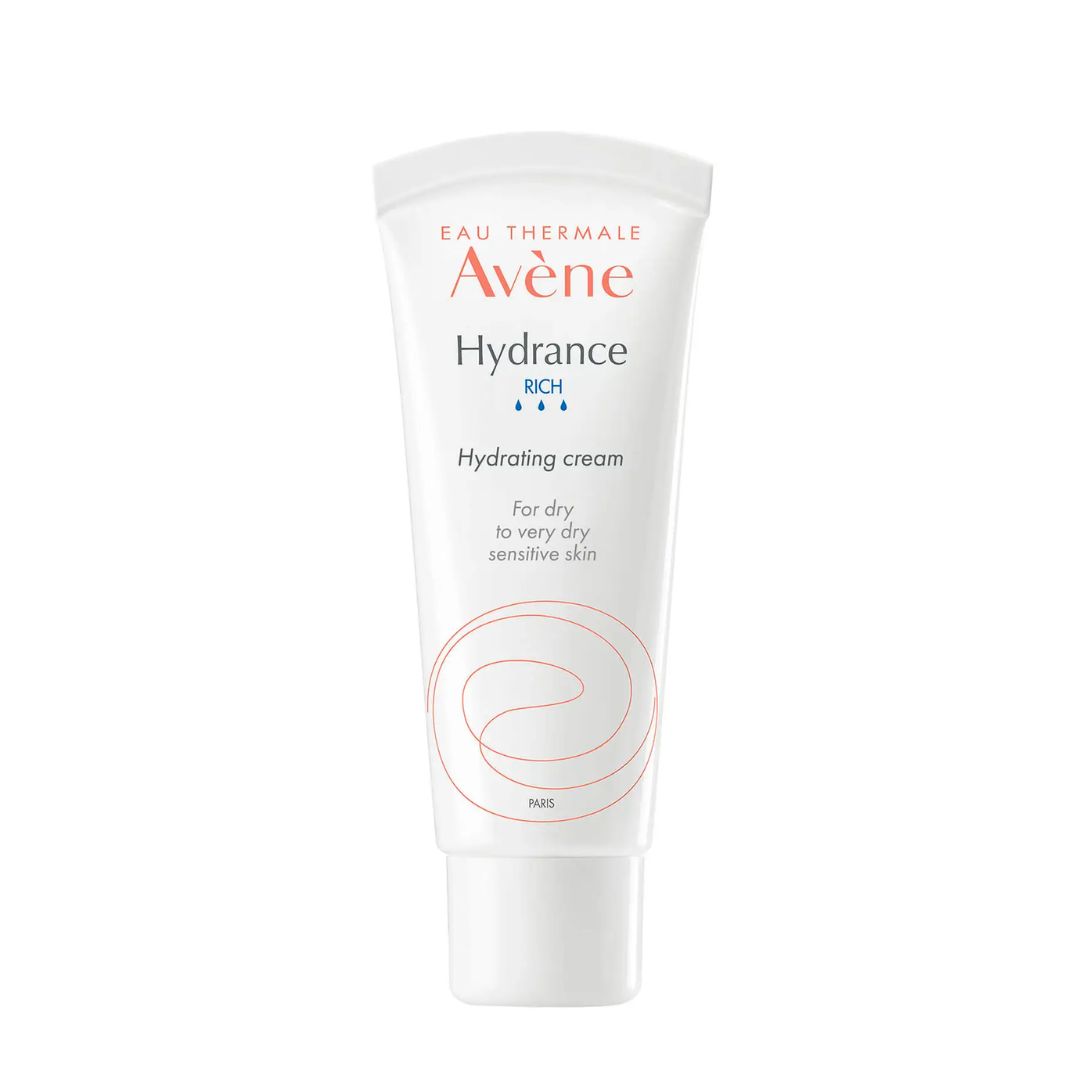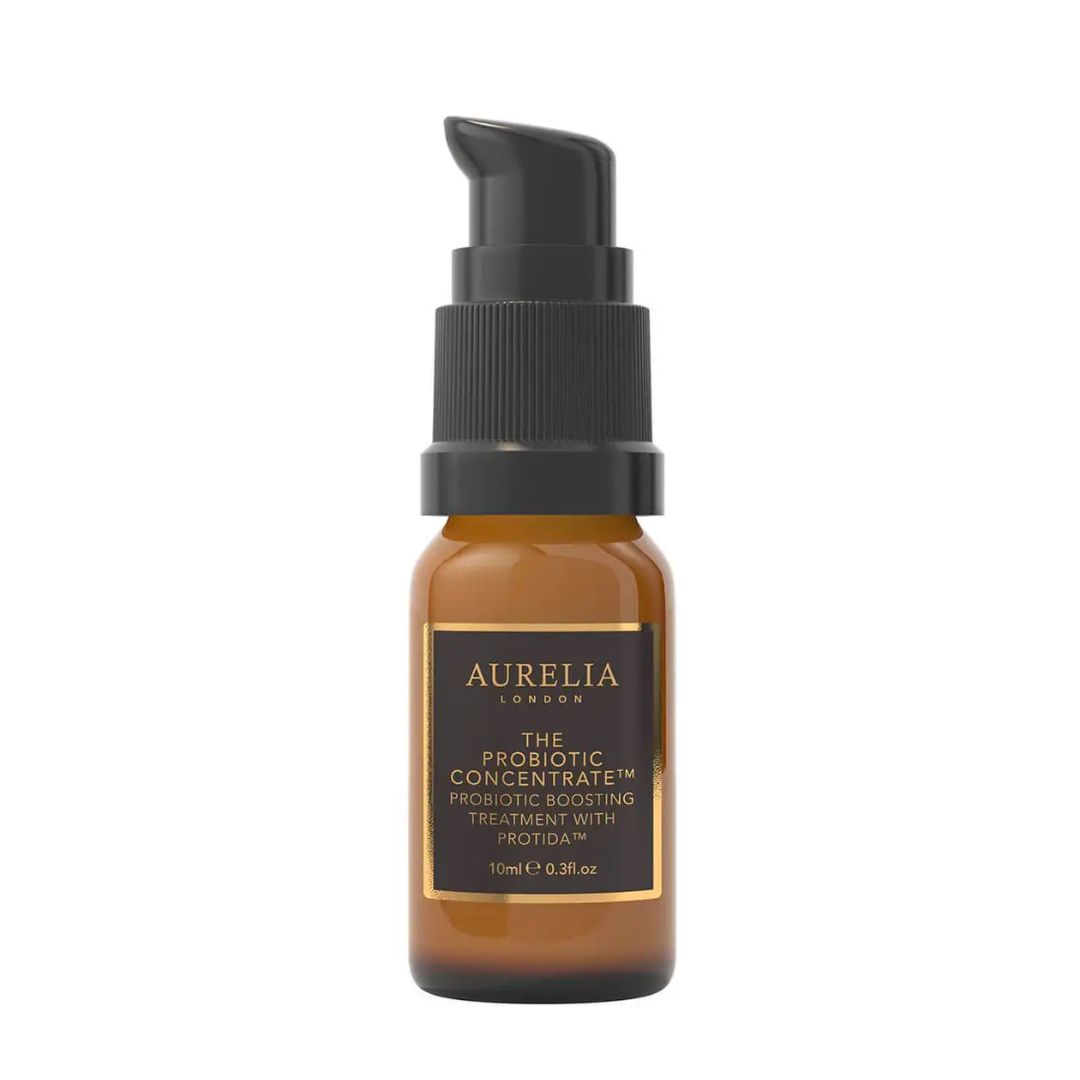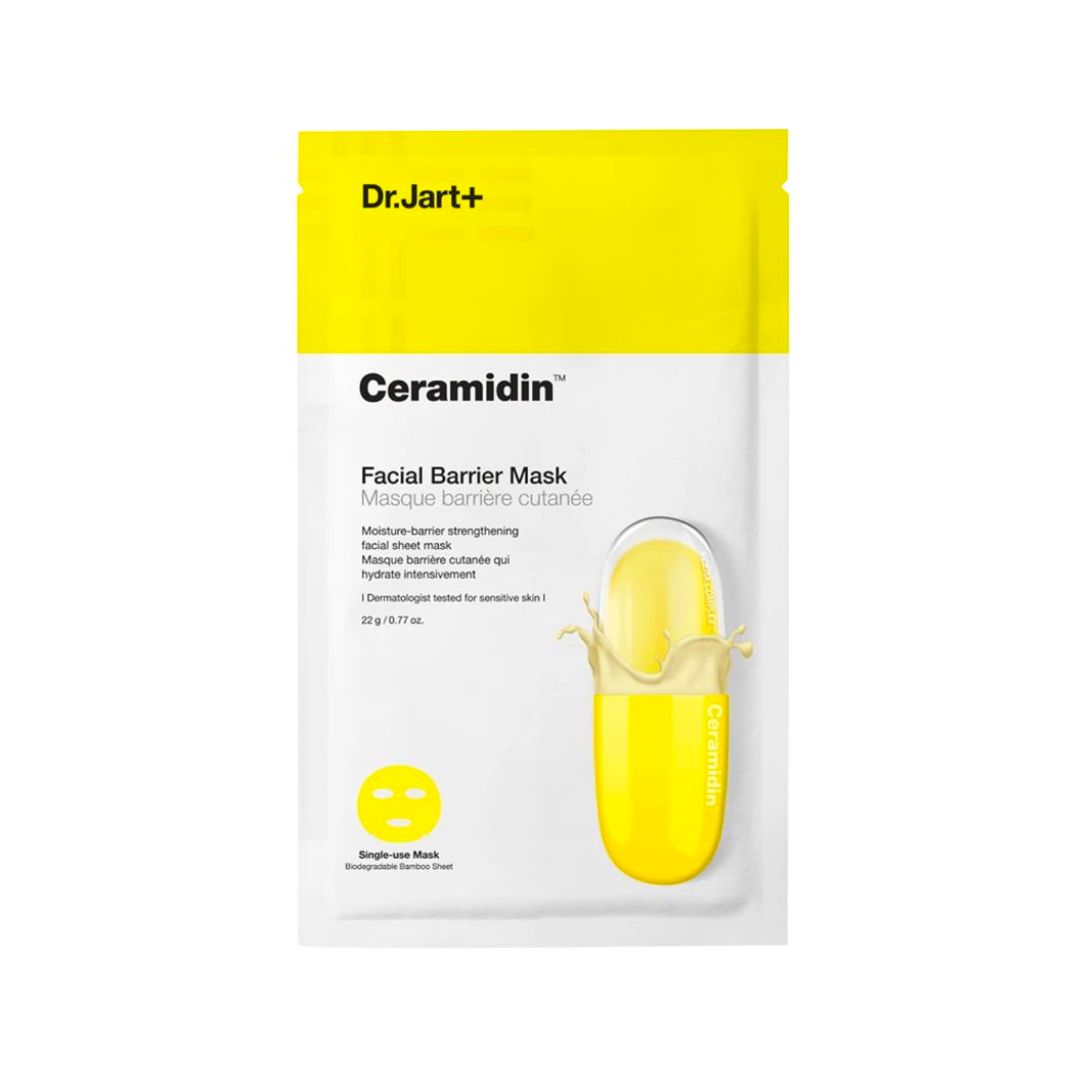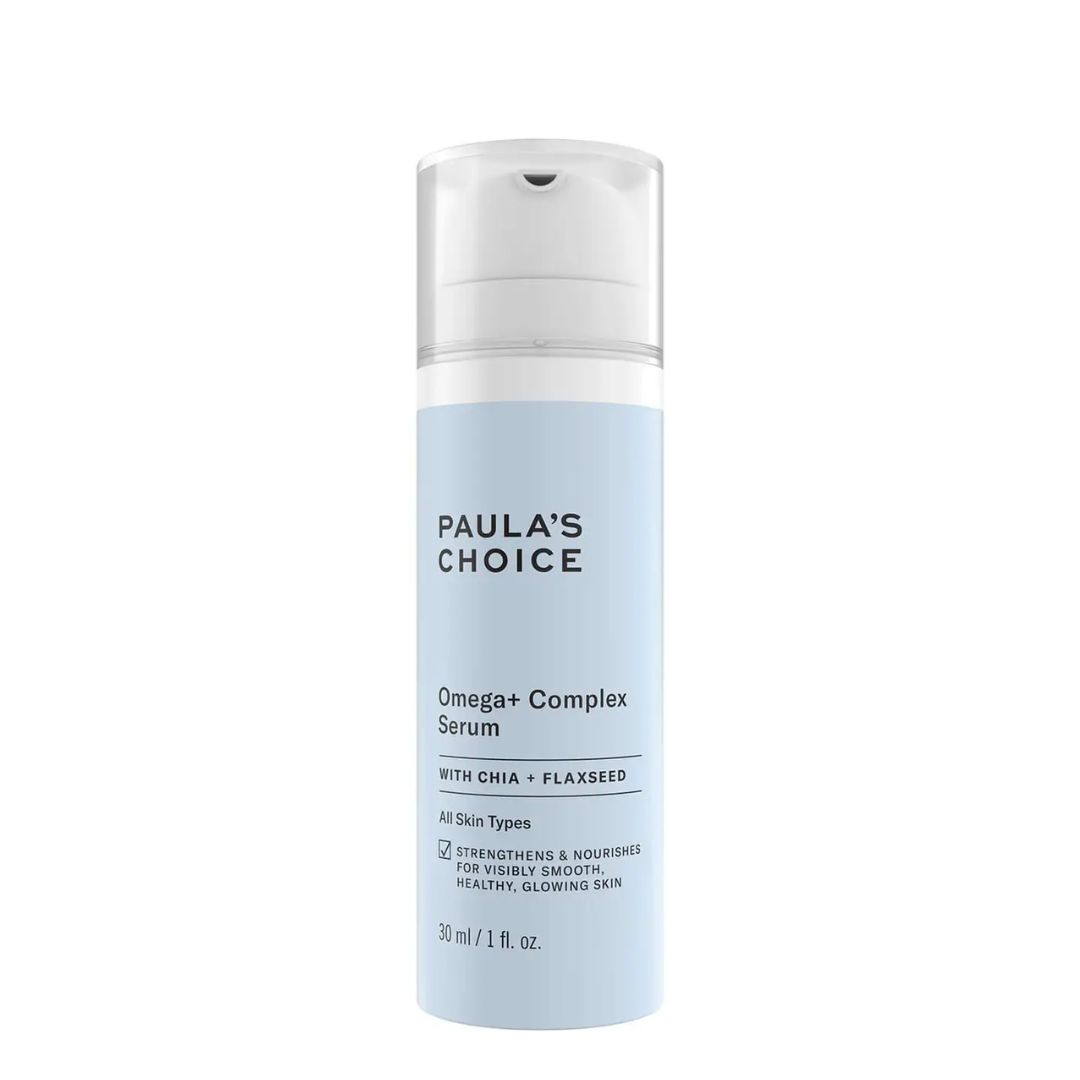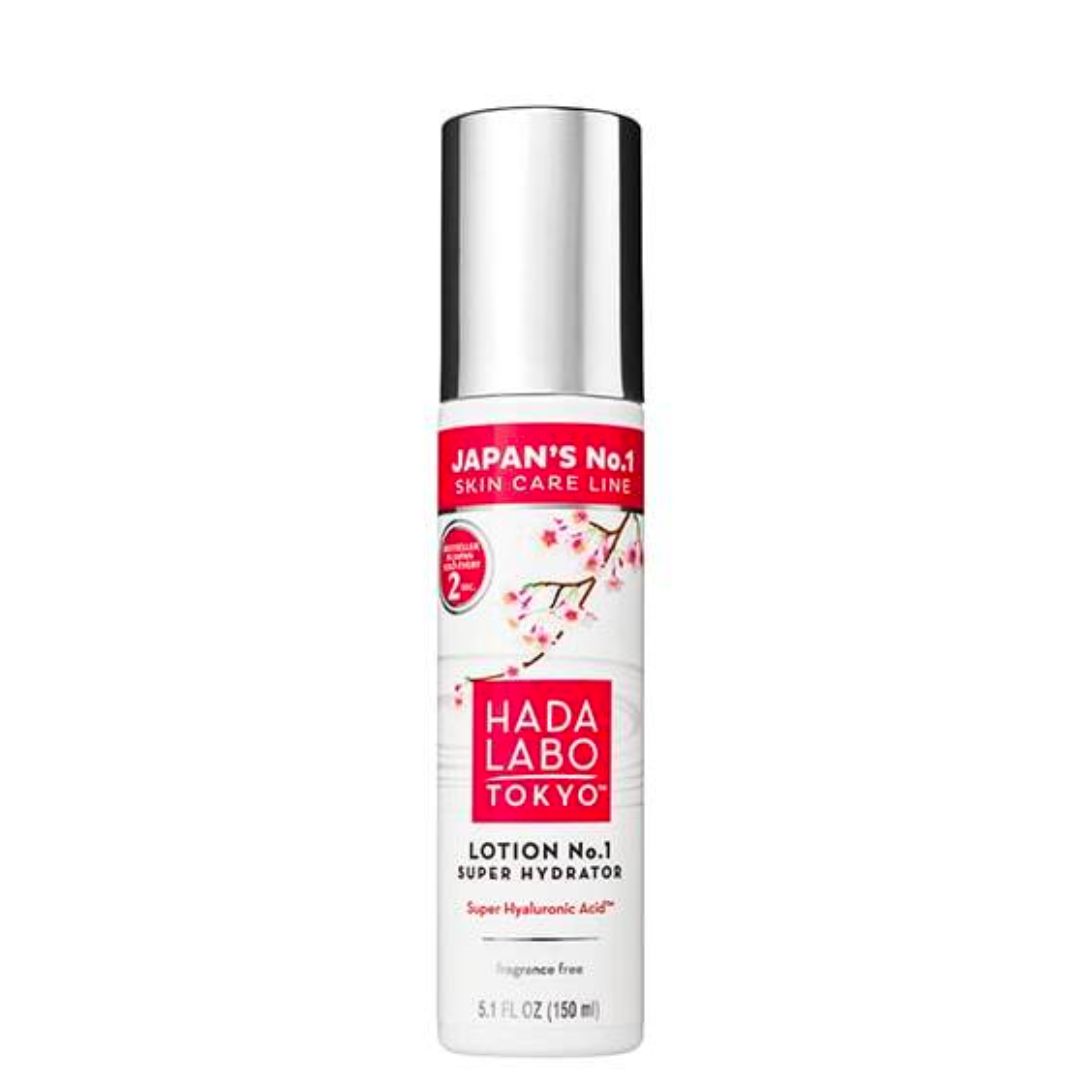Still Not Sure What Your Skin Barrier Is? This Might Be Why Your Skincare Isn’t Working
Stronger skin starts here

Shannon Lawlor

Celebrity news, beauty, fashion advice, and fascinating features, delivered straight to your inbox!
You are now subscribed
Your newsletter sign-up was successful
You can do all the facial massage. Use every trending serum. Follow a 10-step skincare routine down to the letter. But if you’re not taking care of your skin barrier? It could all mean nothing. That vital layer is so much more than the latest buzzword in beauty. It is the gatekeeper of your skin's overall health. It’s what keeps hydration in, damage out, and your products actually working. If you ignore it, you could be fuelling the very issues you’re trying to fix: breakouts, redness, dryness, dullness. So, if you’ve never thought about your skin barrier before, this is the moment to start.
Luckily, here on the Marie Claire beauty desk, we have years' worth of skincare knowledge and a black book of experts in our possession to help clear things up. Here's your ultimate skin barrier guide...
What exactly is your skin barrier?
"Most simply, it’s the outermost layer of skin and the part you can see," explains Francine Krenicki, VP of Product Development & Regulatory, StriVectin. "It acts like a shield, keeping the bad stuff from entering and the good stuff from leaving the skin. It’s made up of cells and lipids that work together to protect skin. And it’s responsible for making sure that water and electrolytes do not evaporate from skin."
There are three parts to your skin barrier:
- the microbiome - an ecosystem of organisms, which consists of good bacteria that help fight off bad bacteria (using microbiome-friendly skincare, like probiotics and prebiotics, help maintain the skin barrier function)
- the acid mantle - found under the microbiome. Its role is to keep the good stuff (aka moisture) in and the bad stuff out. It's called the acid mantle as it's slightly acid (a pH of around 5.5). When we overuse or overtreat with harsh products, it can disrupt the skin's microbiome and pH levels, which causes inflammation.
- lipid barrier - this lives under the acid mantle and is basically our skin's natural fats. The younger we are the more we have, which keep skin hydrated and plump. The older we get, the more the lipids decrease and skin gets drier.
You can see why the skin barrier vital. If your skin barrier is in good nick, your skin will feel soft and supple and will look clear and healthy. If it's not, then it will feel tight, itchy and uncomfortable and it will look flaky, red and shiny. It will really, really sensitive in other words. Dr Mary Sommerlad, Consultant Dermatologist, explains that different skin colours have different reactions too. "In white and olive skin tones, the skin may look redder," she says. "In brown and black skin tones the skin may appear darker than the original skin colour."
So if you've ever had a really bad flare up after using a certain product, or you've spent time in extreme weather, it's likely that your skin will have reacted, because your skin barrier has been compromised.
What does skin barrier damage look like?
It's important to note that the skin on your face is different from the skin on the rest of your body. It's less dense and a lot thinner. This means it's really, really easy to damage it.
Celebrity news, beauty, fashion advice, and fascinating features, delivered straight to your inbox!
"Most commonly barrier damage comes from stripping your skin of its natural oils with harsh cleansers, abrasive scrubbing and exfoliating, as well as acids," says Krenicki. We've all been there, eager to try out a new punchy product that promises brand new skin at the end of it. And afterwards we've paid the price, because we left it on a little too long or were too eager with our application. If you've ever had a bad reaction to a face peel or retinol, then you'll know the feeling.
There are other factors that can cause damage—internal factors. "Stress and hormones can also lead to an impaired barrier," adds Krenicki. "Studies also show that the intercellular lipids that are important to keep it intact and moist start to diminish significantly with age." Ah yes, every day that we get closer to the grave, our skin barrier isn't working as well as it should be.
How to repair your skin barrier
So what steps can we take to repair this delicate part of our bodies? Krenicki explains that the skin barrier is like a brick wall: "Each brick is a skin cell held in place with mortar or your skin’s natural lipids. When your skin is healthy this brick wall holds in your natural moisture and keeps out environmental aggressors like pollution and irritants." So in order to repair your skin barrier, you need to maintain the 'mortar'.
Dr Sommerlad, says: "Skin barrier repair involves removing the source of irritation. I recommend stripping your skin care routine right back to just essentials and avoid exfoliation and retinoids until the skin feels comfortable again."
She says that the time it takes to repair the skin barrier varies from person-to-person. "If you’re struggling to get your skin barrier back to normal after 4- 6 weeks I’d recommend seeing a dermatologist as you may have an allergy to something."
She recommends using product with particular ingredients too, 'Ceramides help restore the skin barrier, niacinamide has anti inflammatory properties and hyaluronic acid is great at rehydrating the skin.'
Here are a few ways to help repair your skin barrier:
- Look for formulas that are rich in ceramides, hyaluronic acid, niacinamide and emollient oils which help replenish your skin’s natural lipids. Don't bother using retinols, AHAs or BHAs until your skin has calmed down.
- Be gentle when cleansing - use lukewarm water and formulas that are fragrance and soap-free. Avoid flannels and wipes on the face, stick with fingers or Muslin cloths which have lower friction. Don't go near abrasive scrubs.
- Always wear a facial SPF. Photodamage from blue light and the sun will further aggravate the skin.
- Maximise on moisture. Lasting hydration is key to a strong barrier. Apply a serum containing hyaluronic acid and a mosituriser day and night.
- Thermal water face mists can provide relief when used throughout the day. Keep one on your desk and use whenever you feel your skin needs it.
The best products to repair your skin barrier
Here's our roundup of the best products that will help repair your skin barrier...
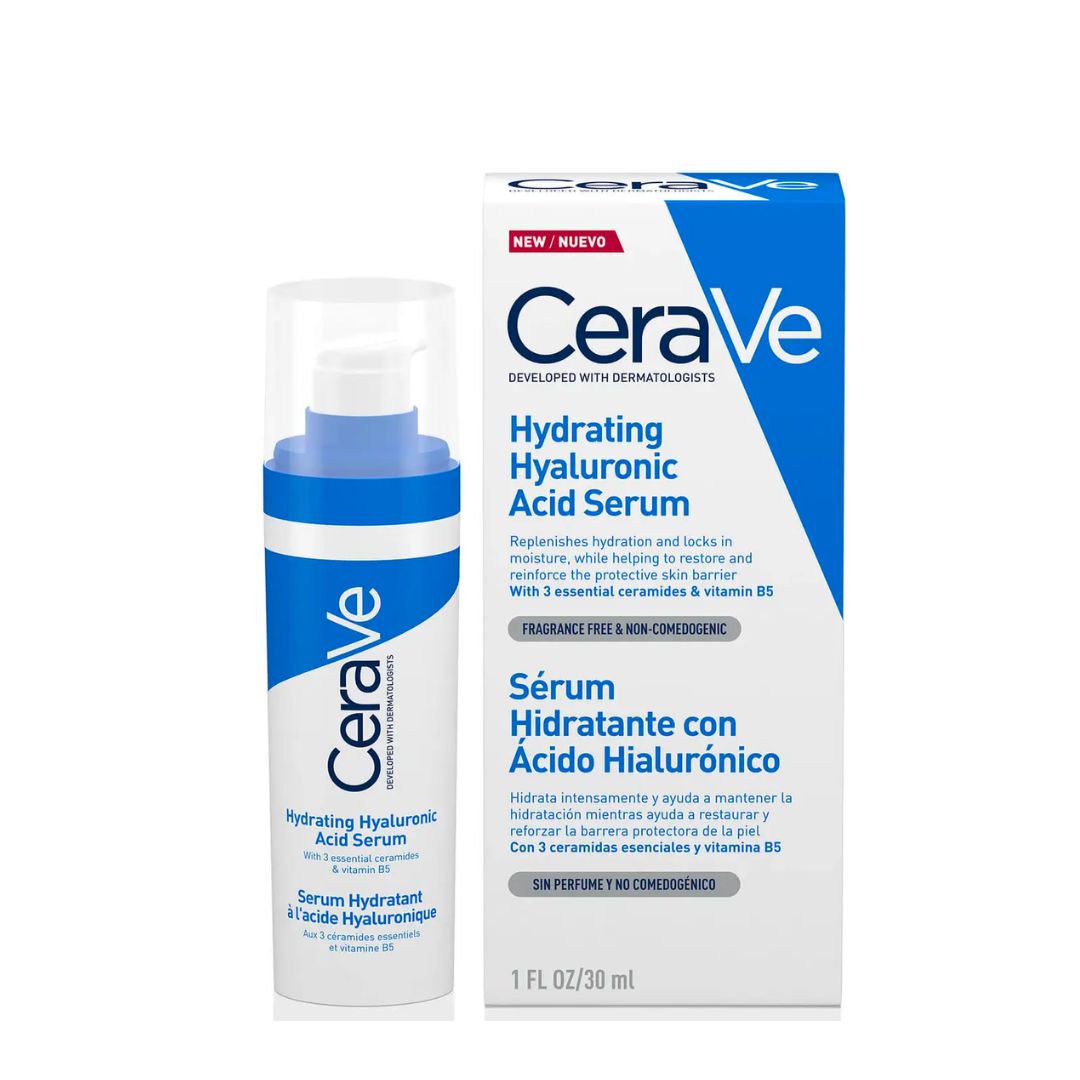
CeraVe are THE brand to look to when your skin barrier is having 'a moment'. Ceramides make up 50% of the skin barrier. The brand knows how important they are, so each of its products is packed full of them. This serum - with its ceramides and hyaluronic acid - is perfect when your skin is in need of some extra TLC.
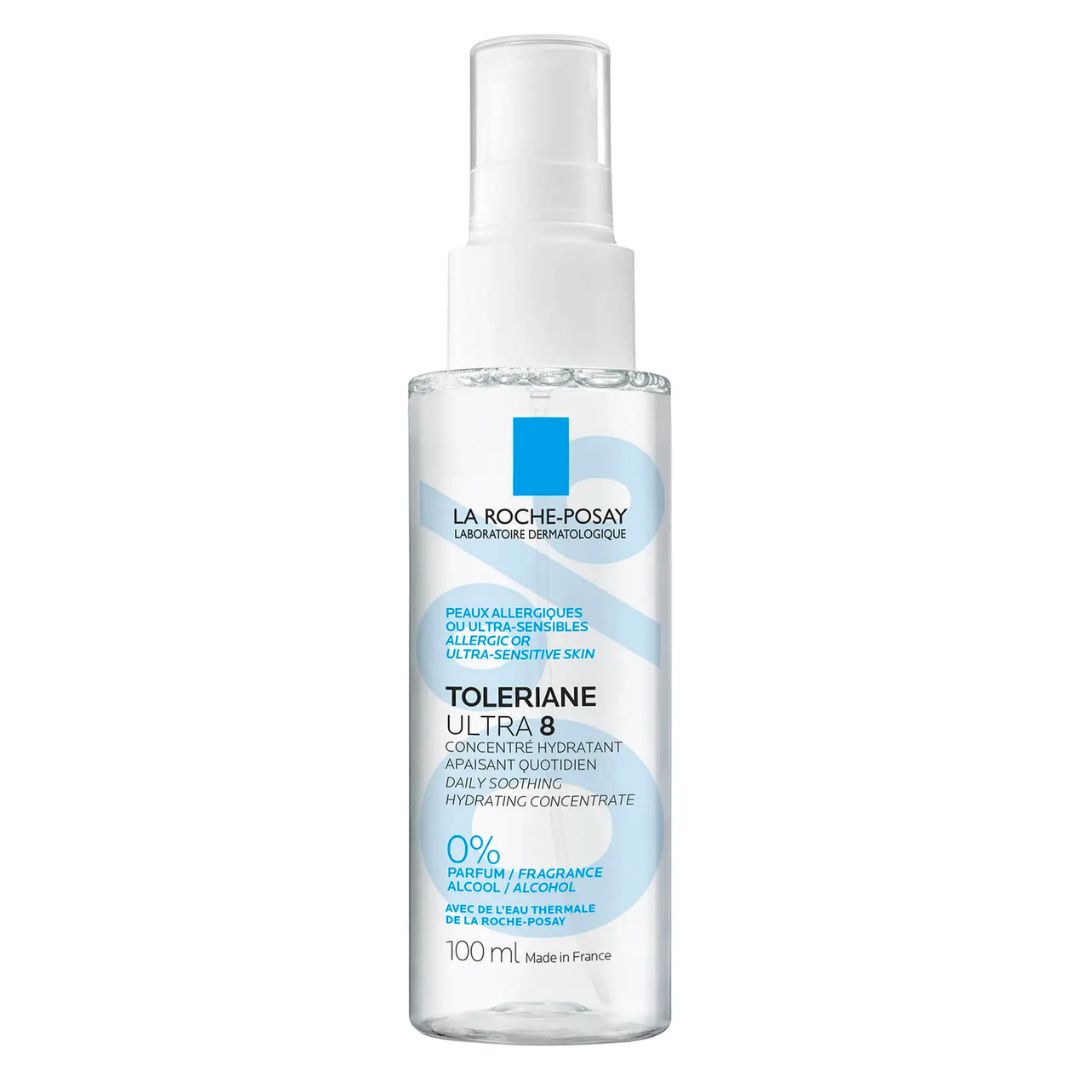
"La Roche-Posay's products are specifically tested on those with intolerant skin," explains consultant dermatologist, Dr Justine Hextall. So you know that you can put your trust in the brand to care for a damaged skin barrier. This alcohol and fragrance-free mist, soothes and relieves stinging, itching and burning skin. It can be used on top of make-up too.
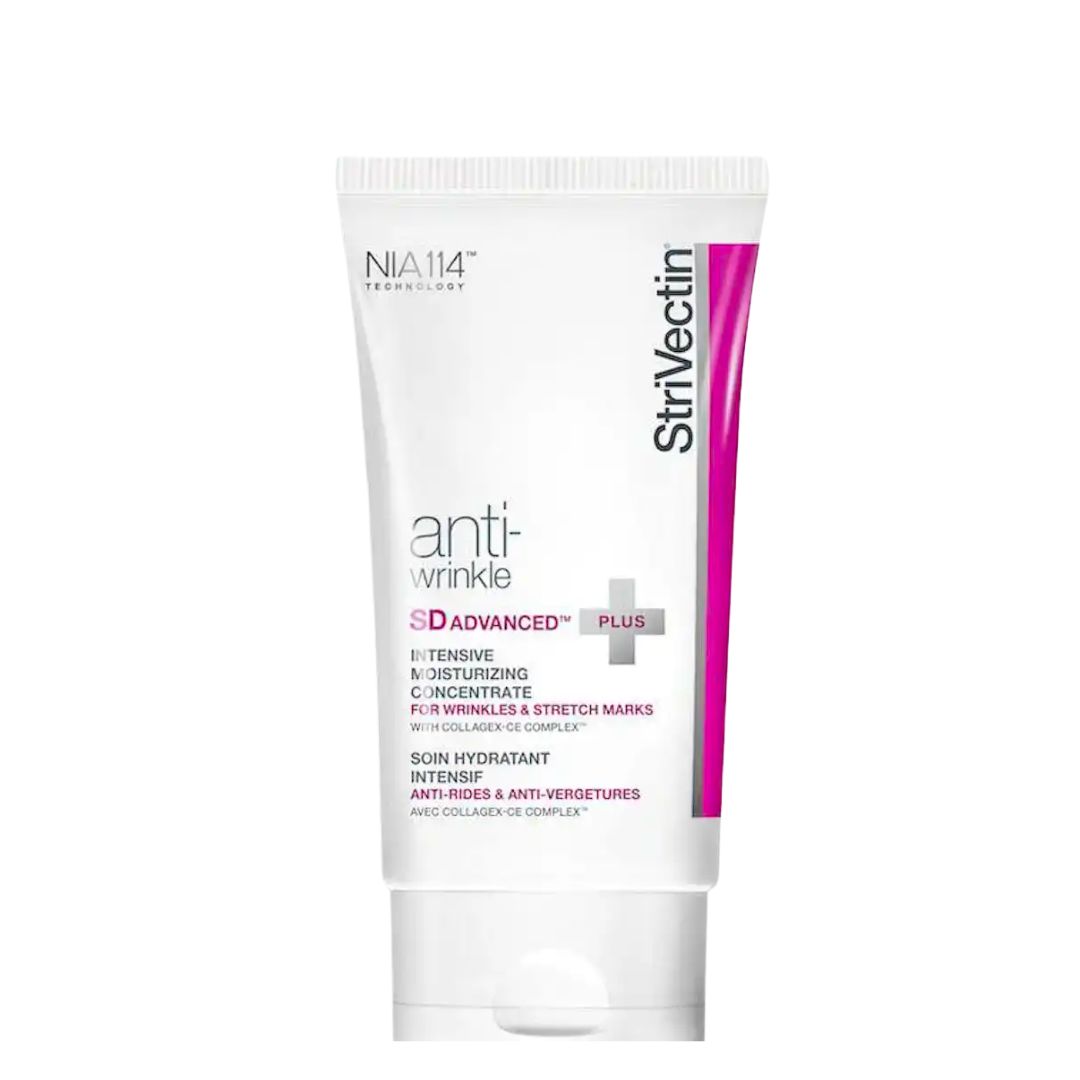
All of StriVectin products are powered by its barrier-boosting NIA-114™ technology. It's a patented form of Niacin, which is clinically proven to strengthen the skin barrier. This cream will boost hydration levels, as well as improving the overall texture of the skin.
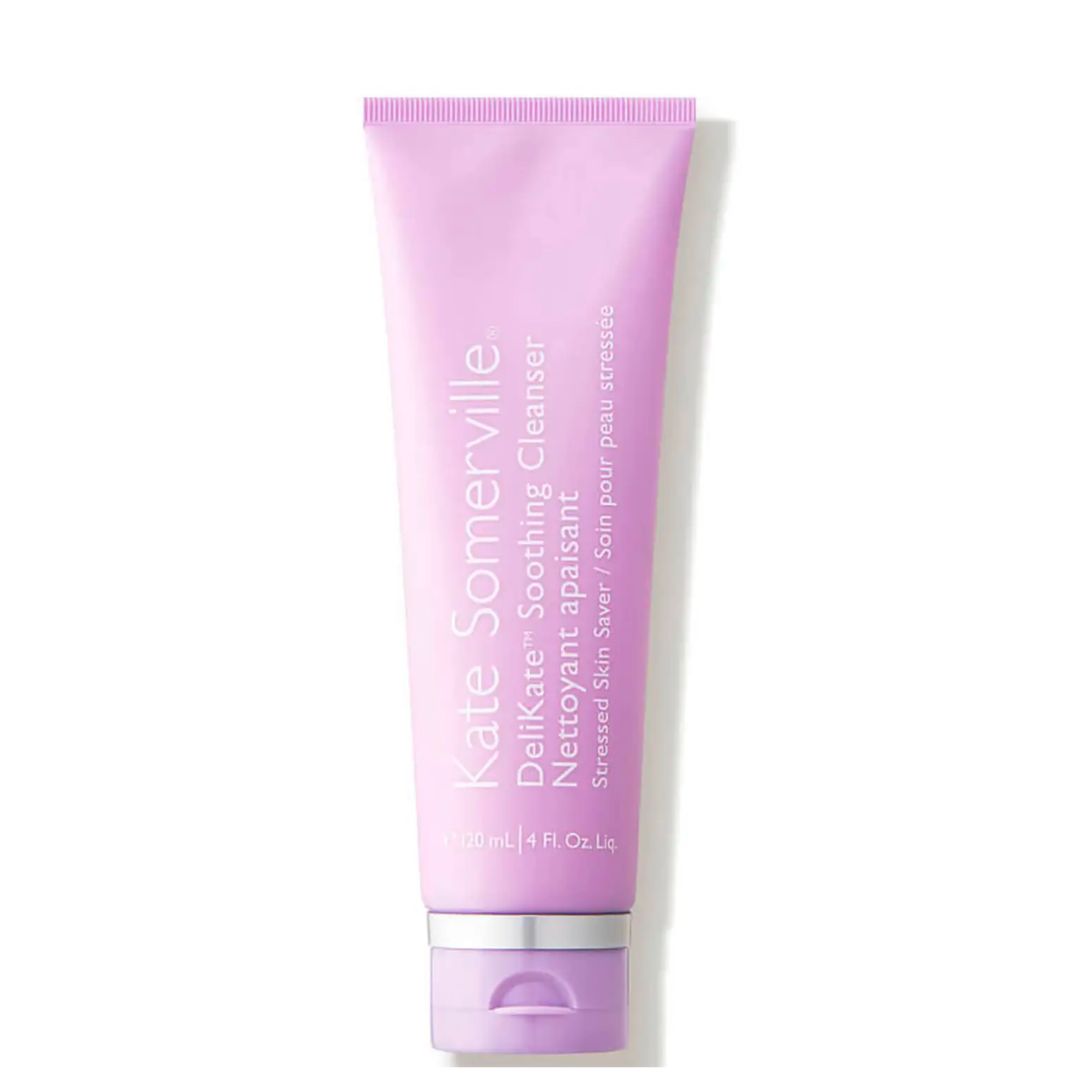
We trust everything Kate tells us to put on our skin. And her DeliKate range is just what the doctor ordered when the skin barrier has become compromised. This cleanser is the ideal gentle face wash you need when you've had a reaction. Made from a mixture of peptides, ceramides, ginger root, Tasmannia Lanceolata fruit extract and cucumber oil. All of which strengthen the barrier and calm the irritation.

Katie Thomas is the Senior Beauty Editor at Marie Claire UK. With over 10 years of experience on women's luxury lifestyle titles, she covers everything from the best beauty looks from the red carpet and stand out trends from the catwalk, to colonic irrigation and to the best mascaras on the market.
- Shannon LawlorExecutive Beauty Editor
